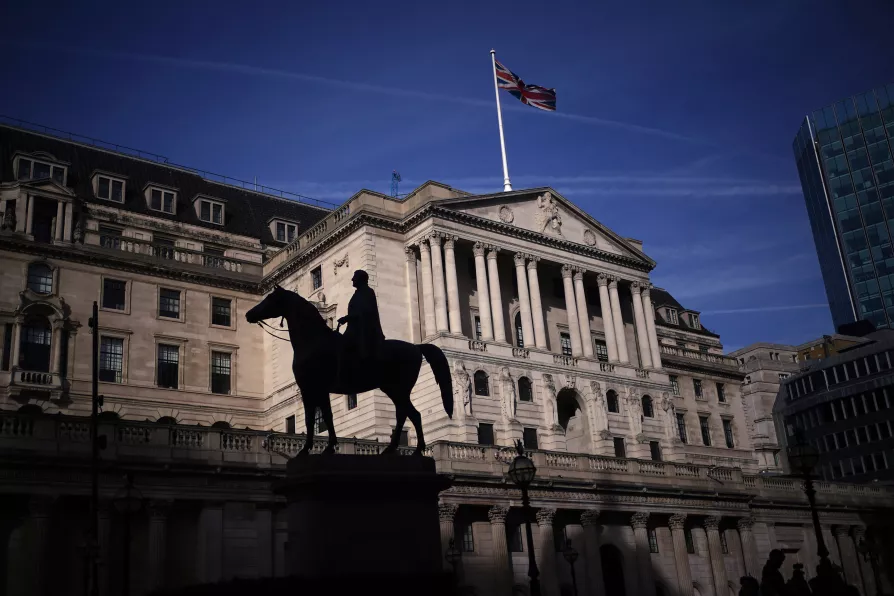Fat cats breaking the economy with 30% higher profits than pre-pandemic, landmark Unite study finds

 The Bank of England in the City of London, February 15, 2024
The Bank of England in the City of London, February 15, 2024
THE Unite union laid blame for “broken Britain” at the feet of corporate bosses today as it revealed the extent of profiteering during and after the Covid pandemic.
Bosses lined their pockets while squeezing millions of staff and customers during the cost-of-living crisis, according to Unite’s analysis of company profiteering since 2019.
Britain’s greedflation crisis was laid bare as major profit rises were found in companies of all sizes across almost all sectors since 2018-19.
Similar stories

The economic value of disability benefits far outweighs their cost, argues Dr DYLAN MURPHY













